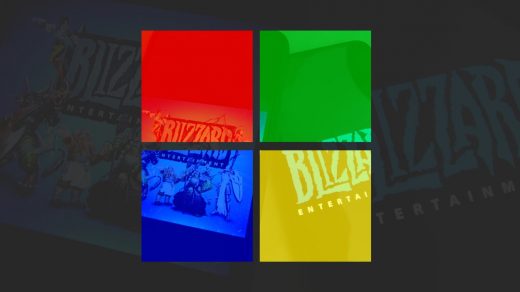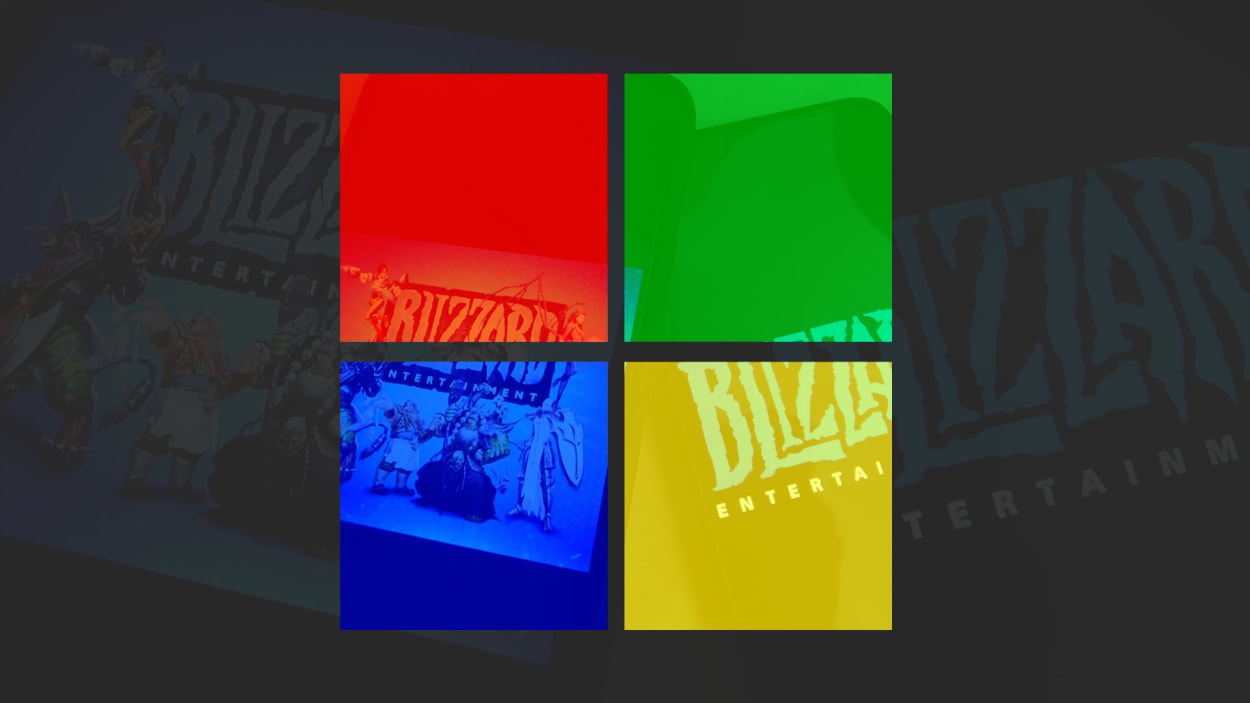A brief timeline of Microsoft’s $69 billion deal for Activision Blizzard
Earlier this week, the U.K.’s antitrust regulator, the Competition and Markets Authority, released a statement blocking Microsoft’s proposed purchase of Activision Blizzard, one of the world’s biggest video game developers.
It’s just the latest challenge for the proposed merger, which was first announced over a year ago and has, in that time, attracted a heap of criticism from antitrust regulators worldwide.
Activision, the company behind franchises including Call of Duty, Candy Crush Saga, and Overwatch has some 13,000 employees. Microsoft, the tech giant behind the Xbox console, is a $200 billion company—with the potential to acquire Activision, the company opens doors to cloud gaming, which allows users to play games from any device with an internet connection.
Here is a timeline of the major events surrounding the proposed Microsoft and Activision Blizzard deal.
January 18, 2022
In January 2022, Microsoft first announced its intent to acquire Activision for $68.7 billion in an all-cash deal (or $95 per share).
“Gaming is the most dynamic and exciting category in entertainment across all platforms today and will play a key role in the development of metaverse platforms,” Satya Nadella, chairman and CEO of Microsoft, said in the statement at the time. “We’re investing deeply in world-class content, community and the cloud to usher in a new era of gaming that puts players and creators first and makes gaming safe, inclusive and accessible to all.”
With the closing of the deal, Microsoft would become the world’s third-largest gaming company by revenue, behind Tencent and Sony, according to the statement.
January 24, 2022
The Wall Street Journal reported that Sony weighed into the matter, saying it expected Microsoft to ensure Activision games remained on competing consoles. Hours later, Microsoft’s video head, Phil Spencer, tweeted the company’s “desire to keep ‘Call of Duty’ on [Sony’s] PlayStation.”
“Sony is an important part of our industry, and we value our relationship,” Spencer wrote.
February 1, 2022
The Federal Trade Commission was put in charge of handling the proposed acquisition, according to a Bloomberg report citing a source close to the matter. Given that the agency had vowed under chair Lina Khan to be more scrutinous of proposed deals, the FTC’s involvement signaled a long fight ahead for the gaming giants.
March 31, 2022
According to a letter viewed by the Wall Street Journal, four U.S. senators sent a document to the FTC expressing concern over the proposed deal. The letter—penned by Sens. Elizabeth Warren (D., Mass.), Bernie Sanders (I., Vt.), Cory Booker (D., N.J.) and Sheldon Whitehouse (D., R.I.)—highlighted recent harassment and sexual abuse allegations against Activision and criticized the timing of the deal.
September 1, 2022
The U.K.’s Competition and Markets Authority expressed concern that the deal would damage competition and make Microsoft too powerful in the gaming industry. Because of these concerns, the CMA began a deeper phase of investigation into the matter.
December 5, 2022
In an opinion piece for the Wall Street Journal, Microsoft President Brad Smith wrote that the company offered Sony a 10-year contract to make each new Call of Duty release available on PlayStation the same day as it releases on Xbox.
December 8, 2022
The FTC announced that it would sue to block the proposed acquisition, arguing that the deal would enable Microsoft to “harm competition in high-performance gaming consoles and subscription services by denying or degrading rivals’ access to its popular content.”
February 1, 2023
Sourced told Politico that the E.U. issued Microsoft a formal antitrust warning over the deal. A Microsoft spokesperson said the company was listening to the concerns. In a statement, Microsoft refuted the FTC’s analysis, saying that their strategy is in line with their past approaches.
February 8, 2023
The U.K.’s CMA released its provisional findings, which raised concerns that the deal would cause higher prices for games and fewer choices for consumers. More concretely, the CMA wrote that the merger held the potential to “alter the future of gaming.”
February 21, 2023
Microsoft announced a 10-year partnership with NVIDIA to bring Xbox PC games to NVIDIA’s cloud gaming service. That same day, Microsoft’s Smith announced in a since-deleted tweet that the company signed a 10-year agreement to bring “Call of Duty” games to Nintendo devices.
March 24, 2023
The CMA published an update to its findings narrowing the scope of concern in the Microsoft-Activision deal, saying that new evidence “provisionally alleviates” concerns about the supply of gaming consoles.
April 26, 2023
In a landmark decision, the CMA blocked Microsoft’s proposed purchase of Activision to “protect innovation and choice in cloud gaming.” In response, Activision CEO Bobby Kotick wrote that the two companies plan to “work aggressively” to appeal the decision, saying that the deal “benefits competition, consumers, and job creation.”
(12)



